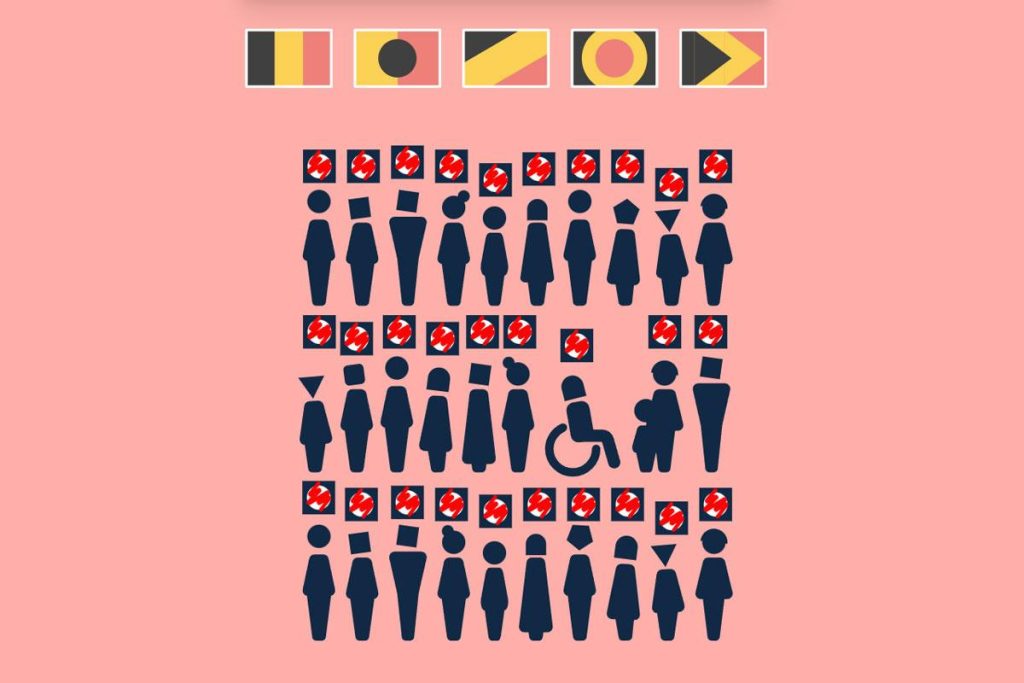Cross posted from Club Troppo.
 As part of my recent fascination with competitive and ‘de-competitive’ merit selection, I’ve been looking at the origins of both parliamentary and presidential elections. Intriguingly though we now associate elections with competition between candidates, in both the British parliamentary system and the American presidency, elections were not competitive. Indeed, contemporaries regarded the idea of competition for such an office with alarm for its tendency to encourage ‘faction’.
As part of my recent fascination with competitive and ‘de-competitive’ merit selection, I’ve been looking at the origins of both parliamentary and presidential elections. Intriguingly though we now associate elections with competition between candidates, in both the British parliamentary system and the American presidency, elections were not competitive. Indeed, contemporaries regarded the idea of competition for such an office with alarm for its tendency to encourage ‘faction’.
But isn’t an ‘election’ competitive by definition? Isn’t that the meaning of the word? Well no! That’s what the word implies today, but its root in Latin simply means “to pick” or “to choose”. The word ‘elect’ retains this sense in Christian theology when speaking of ‘the elect’ — those chosen, not in competition with each other but by God. One can circle back from this reference to observe that the electorate is the sovereign body when it comes to its being represented, and in this sense an ‘election’ is the choosing by the sovereign body — if you’re dealing with God, I’m reliably informed that He’s sovereign and so he elects the elect. And if you’re dealing with the electorate, it chooses who is the elect.
Sixteenth century English parliamentary election.
In early modern England, political choice was subsumed within a wide system of social relations. Complex notions of honor, standing, and deference, shared but not always articulated, helped to regulate and absorb conflict between and within loosely defined status groups. The selection of members of Parliament, an intermittent event for county property holders and members of designated boroughs, was but one part of a continuing process of social distinction. Despite the uniqueness of Parliament in the political history of the nation, in the ongoing life of the communities that chose its members, parliamentary selection existed in a broader context. For peers of the realm, a summons to the House of Lords was a prescriptive right, another attribute of their nobility. For members of the small group of dominant gentry families within the county communities, it was both a responsibility of service and a privilege conferred on them by kin and neighbors. For rich merchants of large boroughs, it followed as part of the cursus honorum of civic office; while for gentlemen and lawyers, who obtained the majority of borough seats parceled out to patrons, it was an occasion to follow their own busi- nesses, advance their careers, or simply partake of the delights of the capital.
Selections differed according to social structure, population, and wealth. In counties the keynotes of parliamentary selection were honor and deference. Men were chosen members of Parliament or given the right to nominate members on the basis of criteria largely social in nature. This was especially true of the senior knight of the shire, which by the early seventeenth century had become a mark of social distinction that outweighed all other factors. Counties whose internal social elites were dominated by one or two families — like Herefordshire or Surrey — honored these men and their heirs regularly. Counties like Kent or Somerset, which had more variegated elites, developed patterns of rotation.
The principle of parliamentary selection — and, judging from the available evidence, the reality as well — was unified choice. “By and with the whole advice, assent and consent,” was how the town of Northampton put it when enrtheolling the selection of Christopher Sherland and Richard Spencer in 1626. Communities avoided division over parliamentary selections for all the obvious reasons – cost, trouble, fear of riot, challenge to magisterial authority — and for one other: The refusal to assent to the choice of an M.P. was an explicit statement of dishonor. Freely given by the will of the shire or the borough, a place in Parliament was a worthy distinction. Wrested away from competitors in a divisive contest, it diminished the worth of both victor and vanquished.
Source: Kishlansky Mark A, 1986. Parliamentary Selection Social and Political Choice in Early Modern England, Cambridge University Press.
Continue reading →
Filed under: Elections, History, Press | 1 Comment »




 As part of my recent fascination with competitive and
As part of my recent fascination with competitive and  Patrick Luebwick, Professor of Political Philosophy at the University of Antwerp and Visiting Professor at the University of Ghent,
Patrick Luebwick, Professor of Political Philosophy at the University of Antwerp and Visiting Professor at the University of Ghent, 
 Saddened to learn of the death of Ned Crosby, founder of the
Saddened to learn of the death of Ned Crosby, founder of the